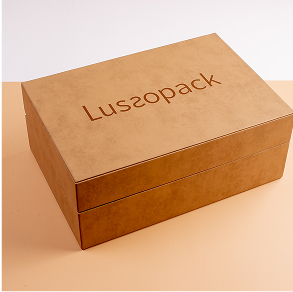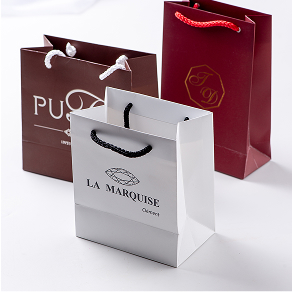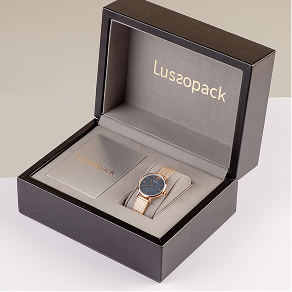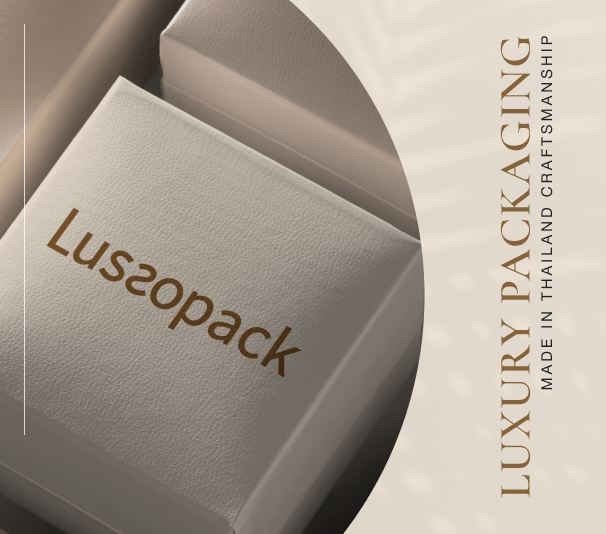How do we ensure that the products we use every day do not contribute to deforestation and environmental degradation? One effective solution has been the implementation of certification systems like that offered by the Forest Stewardship Council (FSC). As awareness and demand for sustainable practices continue to grow, the role of certifications like FSC will undoubtedly become more vital. Established in 1993, the FSC responds to the pressing challenges posed by deforestation and the consequent environmental, social, and economic impacts.
This article explores what is Forest Stewardship Council and the comprehensive standards it sets for forest management and product sourcing. As we delve into the benefits of obtaining FSC certification and its impact on corporate responsibility and market access, we’ll uncover why FSC’s work is important but essential for the future of our planet’s forests and the communities that depend on them.
What’s the Forest Stewardship Council (FSC)?
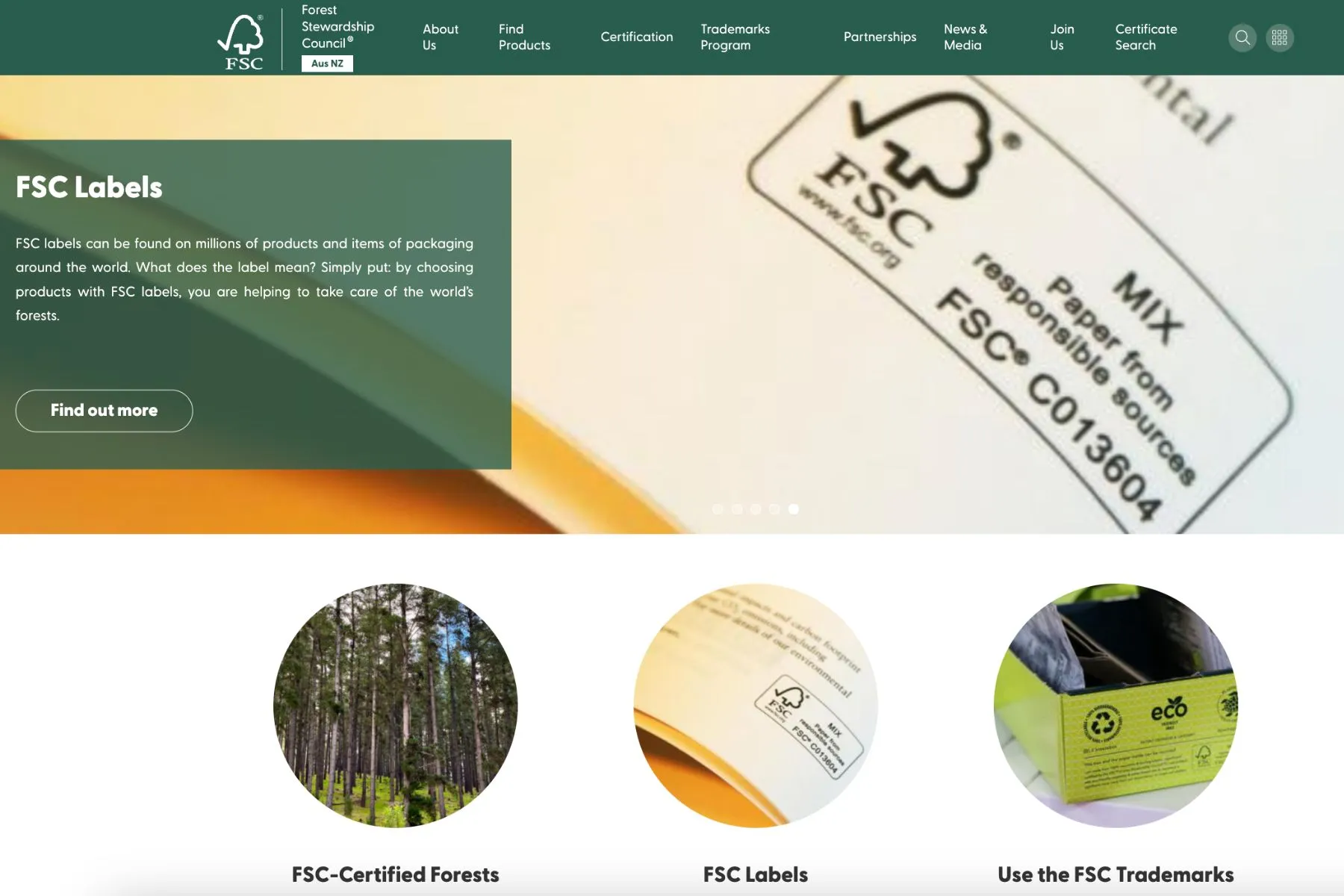
What does FSC stand for? FSC stands for the Forest Stewardship Council, a global non-profit organization established in 1993 to promote the responsible management of the world’s forests. It was founded in response to the environmental, social, and economic problems caused by deforestation and unsustainable forestry practices. The FSC provides a certification system that ensures forests and forest products, like timber and paper, adhere to defined sustainable management standards. This system includes rigorous third-party audits by certified bodies to confirm compliance.
The FSC standards encompass various environmental, social, and economic dimensions, including:
- Biodiversity and Ecosystem Health: Safeguarding high conservation value forests, preserving ecosystem services, and preventing biodiversity loss through responsible forest management.
- Protection of Water Resources: Implementing forest management practices that safeguard water resources and maintain water quality.
- Respect for Indigenous Peoples’ Rights: Recognizing and upholding the rights of indigenous peoples and local communities in forest regions.
- Worker’s Rights and Welfare: Ensuring fair treatment, reasonable wages, and safe working conditions for forest workers.
- Community Relations and Benefits: Ensuring that FSC-certified forests contribute to local economies and support the welfare of surrounding communities.
- Compliance with Laws and International Agreements: Adhering to all applicable laws and international forestry agreements.
- Long-term Forest Management Plans: Developing and maintaining plans for the sustainable, long-term management of forests.
- Avoidance of Genetically Modified Organisms (GMOs): Prohibiting the use of GMOs in forestry operations.
Products bearing the FSC label have been independently verified to meet these stringent standards, offering consumers the confidence that their purchase supports responsibly managed forests. The FSC’s efforts help balance the economic uses of forests with the imperative to conserve environmental health and support the communities and indigenous populations dependent on these forests.
Types of FSC certification
The Forest Stewardship Council (FSC) provides two primary certifications: Forest Management and Chain of Custody. Both certifications require independent, FSC-accredited Certification Bodies (“certifiers”) to confirm adherence to the FSC’s forest management standards.
1. Forest Management Certification:
Forest managers looking to obtain FSC Forest Management certification can choose from two routes:
- Contact an FSC-accredited Certification Body directly.
- For eligibility, connect with a Group Manager to participate in a Forest Management Group Certificate.
2. Chain of Custody Certification:
Companies that handle FSC-certified products—from production to final sale—need Chain of Custody certification to maintain the FSC claim throughout the supply chain. For this certification, companies can:
- Contact an FSC-accredited Certification Body.
- If their gross annual sales of wood products are under $5 million (USD), they may qualify for Chain of Custody Group Certification. In this case, they should reach out to a Group Manager for more information about joining a group.
In both types, the role of certifiers is important as they operate independently from the FSC and the businesses they audit, providing a third-party verification that is essential for maintaining the credibility of the FSC system.
Why FSC Certification Is Important for Brand Image?

FSC certification is a valuable asset for companies aiming to improve their environmental and social standing globally. It encourages forest owners and managers to adopt the best social and environmental practices, providing significant benefits including enhanced market access, increased revenues, and a boosted public image.
The demand for eco-friendly products, especially in the pulp and paper industry, has surged, reflecting a twenty-fold increase in the consumption of certified paper worldwide in recent years. This trend is driven by heightened public awareness of global warming and a growing consumer preference for “GO GREEN” options. The market for responsibly sourced timber and timber products has also expanded notably. This is due in part to businesses, governments, and local authorities incorporating legal and responsibly sourced timber into their procurement policies. Additionally, NGO initiatives like WWF’s Global Forest & Trade Network (GFTN) help promote the trade of responsible timber by connecting networks of suppliers and buyers.
How FSC Certification Benefits Your Business:
- Environmental and Social Compliance: FSC certification demonstrates your company’s adherence to the highest international standards for environmental and social responsibility, giving you a competitive edge.
- Brand Protection and Market Access: The certification protects your brand reputation and opens doors to environmentally sensitive markets that are expanding both locally and internationally.
- Public and Consumer Recognition: Displaying the FSC label enhances public and consumer recognition of your responsible practices, thereby increasing your credibility with customers and business partners. This can translate into better relationships and increased trust in your brand.
How to Get FSC Certification?
If you’re wondering, “How to become FSC certified?” here’s a guide to help your business achieve FSC certification. Following these steps ensures your operations comply with the strict Forest Management and Chain of Custody standards set by the Forest Stewardship Council:
1. Understand the FSC Standards
Begin by familiarizing yourself with the FSC principles and criteria that apply to your type of business—whether in forest management or chain of custody. FSC provides comprehensive documentation on its website to guide you through its standards.
2. Contact an FSC-Accredited Certification Body
Reach out to a certification body accredited by the FSC to conduct assessments. This body will evaluate your business’s operations against FSC standards. You can find a list of accredited certifiers on the FSC website.
3. Initial Assessment
The certification body will perform an initial audit to identify any areas where your business may not meet FSC standards. This assessment will review your management systems, production processes, and the traceability of your materials.
4. Implement Necessary Changes
Based on the findings of the initial assessment, you may need to make changes to your operations to align with FSC standards. This could involve modifying your sourcing practices, updating your management plans, or enhancing worker safety protocols.
5. Main Audit
After you have implemented the necessary changes, the certification body will conduct a full audit. This comprehensive evaluation determines if your business now fully complies with FSC standards.
6. Certification and Annual Reviews
If you pass the main audit, your business will be awarded FSC certification. To maintain certification, you will undergo annual audits to ensure ongoing compliance with FSC standards.
7. Leverage the FSC Certification
Once certified, promote your FSC certification in your marketing materials, on your products, and across your communications to inform customers and partners of your commitment to responsible forestry practices.
Other Certifications for Eco-friendly Packaging Materials

Many certifications and standards are available to help businesses and consumers identify sustainable and environmentally responsible packaging options. Here are some of the most recognized ones:
- Cradle to Cradle Certified™: This certification evaluates a product’s human and environmental safety, its design for future life cycles, and its ethical production practices.
- Recycled Content Certification: This confirms the percentage of recycled material in a product or packaging, with different regions offering specific certifications.
- ASTM D6400 and ASTM D6868: These are standards for compostability and biodegradability, respectively, testing how well materials break down under specific environmental conditions.
- EU Ecolabel: Awarded to products and services that have a reduced environmental impact throughout their lifecycle, this label includes packaging among various product categories.
- ISO 14001 (Environmental Management Systems): This standard outlines criteria for an effective environmental management system and can be applied to any organization aiming to minimize its environmental footprint.
- Home Compostable Certification: Indicates that a material is suitable for composting in home environments.
- CEN/TC 261 (European Committee for Standardization): This committee develops standards for packaging related to recyclability, biodegradability, and compostability.
- Green Seal: Certifies products and services that meet stringent environmental and performance criteria, covering a broad array of products including packaging.
- Cradle Gate Assessment: Evaluates the environmental impact of a product from its inception to when it leaves the factory, often used in life cycle assessments.
- Fair Trade Certification: Focuses on social and economic factors but also considers environmental sustainability, including packaging practices.

FSC certification is important for environmental awareness and sustainable development in the forestry sector. By adhering to high standards for forest management and product sourcing, businesses that achieve FSC certification elevate their brand reputation and contribute significantly to the global fight against deforestation and environmental degradation. This certification reassures consumers that the products they choose come from responsibly managed forests, which in turn supports the well-being of local communities and maintains biodiversity.
On a related note, Lussopack, a full-service packaging solution manufacturer based in Bangkok, Thailand, exemplifies commitment to sustainability, closely aligning with the values of the Forest Stewardship Council (FSC). Our methods to packaging solutions prioritizes eco-friendly materials and processes, demonstrating a dedication to environmental responsibility and social and economic sustainability. Lussopack’s efforts in innovative and responsible packaging underscore our role as a leader in the industry, pushing the boundaries of what it means to be truly sustainable. For more on their sustainability initiatives, you can visit their website here or get in touch with our specialist today.



